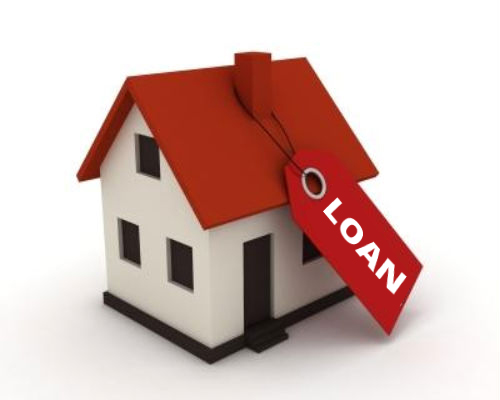Insight Hub
Stay updated with the latest trends and insights.
Home Loans: The Unwritten Rules You Wish You Knew
Unlock the secrets of home loans with essential unwritten rules that can save you money and stress. Discover what you wish you knew!
Top 5 Hidden Fees in Home Loans You Need to Know
When considering a home loan, many borrowers focus solely on the interest rate and monthly payment, but it’s essential to be aware of the hidden fees that can significantly affect the overall cost of your mortgage. Here are the top 5 hidden fees in home loans that you need to know:
- Origination Fees: These are fees charged by the lender for processing your loan application, which can range from 0.5% to 1% of the loan amount.
- Underwriting Fees: This fee pays for the lender's assessment of your financial background and the risk associated with lending to you.
- Appraisal Fees: Often required by lenders, this fee pays for an independent appraisal of the home to ensure its value aligns with the loan amount.
- Title Insurance: This protects against any claims or disputes over the property's title, and while it's often a one-time fee, it can be significant.
- Prepayment Penalties: Some loans include penalties for paying off the loan early, which can catch borrowers by surprise.

Understanding the Home Loan Approval Process: What You Didn't Expect
Understanding the home loan approval process can be daunting, especially for first-time buyers. Many people are surprised to learn that it starts long before you fill out an application. One of the unexpected elements is the importance of your credit score. Lenders typically look for a score of at least 620, but higher scores offer better interest rates. Preparing your finances in advance and understanding your credit history can significantly enhance your chances of approval. Additionally, it's crucial to gather all necessary documents early, including tax returns, bank statements, and employment verification.
Another surprising aspect of the home loan approval process is the variety of loan types available. While many buyers default to conventional loans, there are alternatives such as FHA and VA loans that could prove more beneficial based on your financial situation. Understanding the specific requirements for each type can save you time and money. Furthermore, be prepared for an in-depth evaluation of your financial situation, including debt-to-income ratios and the stability of your income. This thorough process ensures lenders can assess your ability to repay the loan, making it essential to be transparent and organized when submitting your application.
What Credit Score Do You Really Need for a Home Loan?
When it comes to securing a home loan, your credit score plays a crucial role in determining your eligibility and the interest rates you may qualify for. Generally, lenders look for a credit score of at least 620 to approve conventional loans. However, some government-backed loans, such as FHA loans, are more lenient and can accept scores as low as 580, provided you meet other criteria. Understanding how your credit score affects your mortgage options is essential for potential homeowners.
It's important to recognize that while a higher credit score can lead to better loan terms, other factors are also critical. Lenders will consider your debt-to-income ratio, employment history, and overall financial stability during the approval process. To improve your credit score, focus on paying off debts, making timely payments, and maintaining a low credit utilization ratio. By taking these steps, you can enhance your chances of qualifying for a favorable home loan rate.